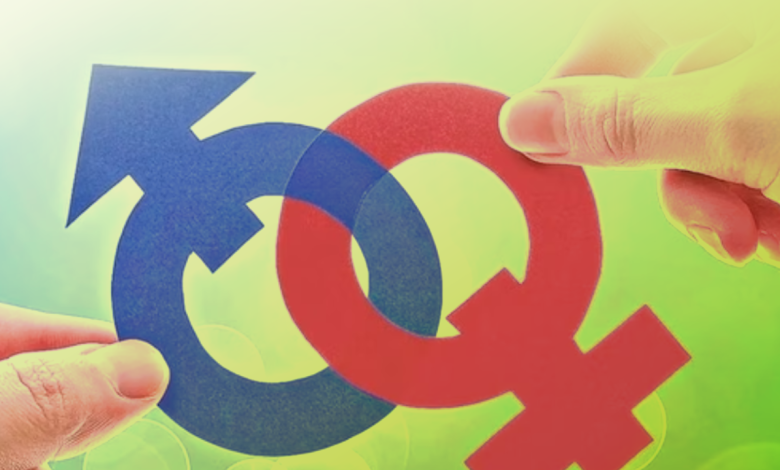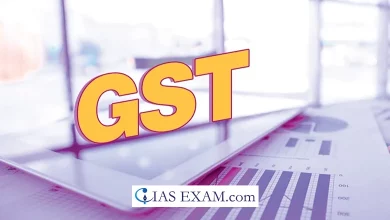Daily Current Affairs for UPSC
Handbook on Combating Gender Stereotypes
Syllabus- Women Empowerment [GS Paper-1]

Context- The Supreme Court recently issued a handbook to combat gender stereotyping.
Key Highlights
- Purpose of the Handbook: The purpose of the Handbook is to Combat Gender Stereotypes and to free the judiciary and the legal community from the mechanical application of gender stereotyped language in judgments, regulations and legal proceedings.
- It aims to “assist judges and the legal community in identifying, understanding and combating stereotypes associated with women”.
- The handbook includes: It contains a glossary of gender unfair terms and provides alternative words or phrases that can be used to draft appeals, orders and judgments.
- Some other terms the handbook wants the court to avoid include adulterer, bastard, career woman, carnal intercourse, concubine/caregiver, housewife, mistress, prostitute, transgender and single mother.
Gender stereotype terms
- “Eve teasing” is the inappropriate way of saying “street sexual harassment” which should be the “alternative language preferred” in courts, and it is a “stereotype” that “women who consume alcohol or smoke cigarettes want to engage in sexual relations with men”.
- These are among dozens of “stereotypes” and “defending erroneous stereotypes” reported by the Supreme Court.
Problems with stereotypes
- At the micro level, stereotypes lead to exclusion and discrimination in workplaces, educational institutions and public spaces.
- They can also have a negative impact on the mental health or work performance of members of the stereotyped group because they are aware that they are viewed in a certain way.
- The use of stereotypes by judges also contributes to the strengthening and perpetuation of stereotypes, creating a vicious cycle of injustice.
Importance of the handbook
- The handbook calls on Indian legal systems to recognize the deep-rooted effects of gender stereotypes and actively work to eradicate them from thinking, decision-making and writing.
- As the Supreme Court of India has observed, “even if the use of stereotypes does not change the outcome of a case, the use of stereotypical language can reinforce ideas that are contrary to our constitutional ethos.”
- The use of stereotypes instead of an objective assessment of the situation contradicts the constitutional principle of “equal protection of the laws”, according to which the law should be applied uniformly and impartially to every individual, regardless of his membership in any group or category.





.png)



